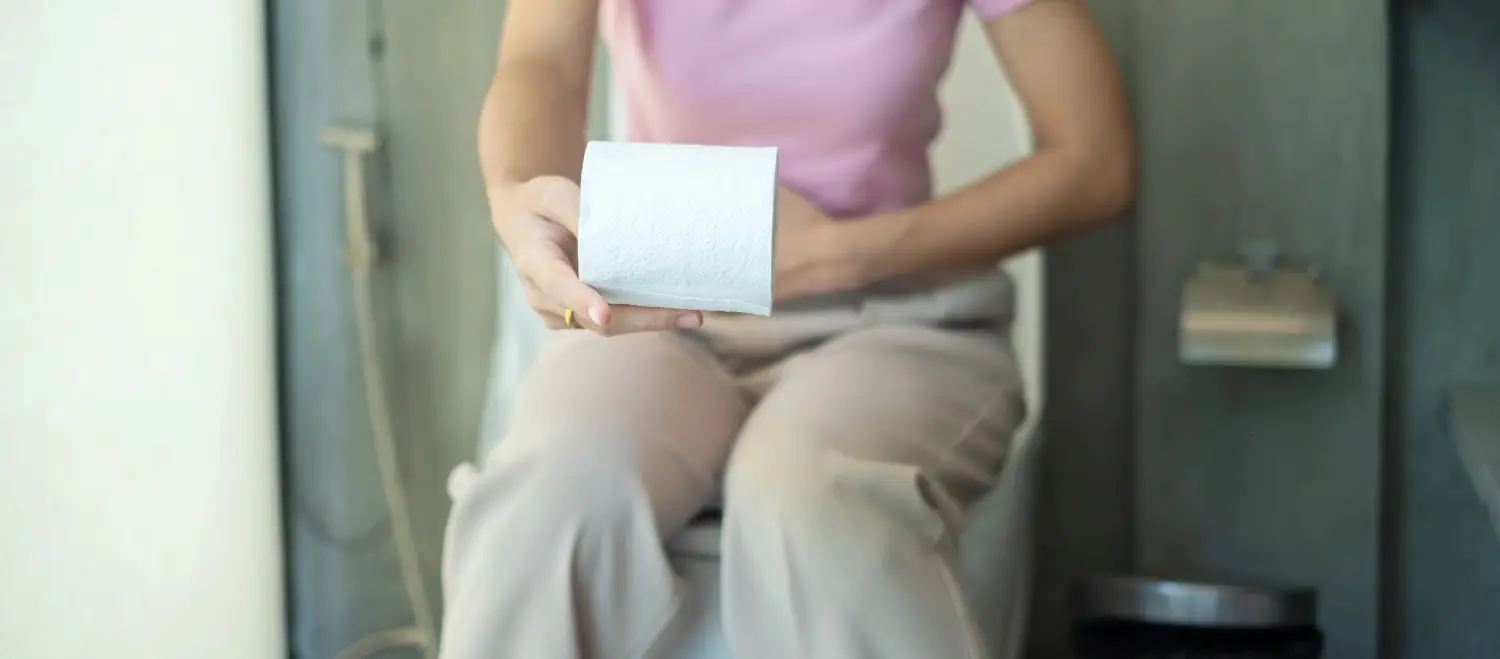
Menopause brings many changes to the body, and bladder health is no exception.
As estrogen levels decline, many women experience bladder issues such as urgency, leakage, and frequent infections. While these changes are common, they don’t have to be inevitable. By adopting the right habits, lifestyle adjustments, and natural remedies, you can support your bladder health and regain control.
Bladder issues become more common during menopause due to the body’s hormonal shifts, particularly the decline in estrogen. Estrogen plays a crucial role in maintaining the strength and flexibility of the bladder and urethra. When levels drop, these tissues become thinner and weaker, leading to increased sensitivity and reduced control.
Some of the most common bladder-related symptoms during menopause include:
In addition, menopause-related weight gain, weakened pelvic muscles, and increased inflammation can further contribute to bladder discomfort. But the good news is that there are ways to strengthen bladder health and minimize these symptoms.
Taking a natural approach can help improve bladder health during menopause and reduce discomfort. Simple dietary and lifestyle adjustments can strengthen the bladder, minimize irritation, and restore better control.
Drinking enough water helps flush out bacteria and prevent infections, but excessive fluids can lead to frequent urination. Aim for 6-8 glasses per day and reduce intake before bedtime to avoid nighttime trips to the bathroom.
Certain foods and drinks can irritate the bladder. Try to avoid caffeine, alcohol, carbonated drinks, spicy foods, and artificial sweeteners. Instead, fill your diet with fiber-rich foods (to prevent constipation), magnesium-rich foods (to relax bladder muscles), and hydrating fruits and vegetables.
Kegel exercises help tone the muscles that support the bladder, reducing leakage and urgency. To do them:
Making simple lifestyle adjustments can significantly improve bladder health and reduce menopause-related issues like urgency and leakage. By maintaining a healthy weight, staying active, and practicing bladder training techniques, you can support long-term urinary health.
Excess weight puts additional pressure on the bladder and pelvic muscles, increasing the risk of urinary incontinence. Losing even a small amount of weight can relieve this pressure and improve bladder control. A balanced diet rich in fiber also helps prevent constipation, which can further strain the bladder.
Regular physical activity strengthens pelvic muscles, improves circulation, and supports overall urinary health. Low-impact exercises like walking, yoga, and swimming are particularly beneficial. Strengthening the core and pelvic floor through targeted exercises helps improve bladder control.
Bladder training involves gradually increasing the time between bathroom visits to improve control and reduce urgency. Start by scheduling bathroom breaks at regular intervals and slowly extend the time between trips. This technique helps retrain the bladder to hold urine longer and reduces sudden urges.

Along with lifestyle changes, certain supplements and medical treatments can help improve bladder health during menopause. These options support urinary function, reduce irritation, and strengthen bladder control.
Probiotics promote a healthy balance of bacteria in the urinary tract, reducing the risk of infections. Cranberry extract contains compounds that prevent bacteria from sticking to the bladder lining, supporting overall urinary health.
Since estrogen plays a key role in bladder function, hormone replacement therapy (HRT) can help relieve symptoms like urgency and leakage. For those seeking natural alternatives, phytoestrogens (found in foods like soy and flaxseed) may provide mild estrogen-like effects.
If bladder symptoms persist despite lifestyle changes and supplements, consult a healthcare provider. They can evaluate underlying causes and recommend treatments such as pelvic floor therapy or prescription medications to improve bladder health during menopause.
Menopause can bring significant changes to bladder health, but the right strategies can help manage symptoms and improve daily comfort. By staying hydrated, maintaining a bladder-friendly diet, and strengthening pelvic muscles, you can support urinary function naturally.
Lifestyle adjustments like maintaining a healthy weight, staying active, and practicing bladder training further enhance bladder control. Additionally, supplements such as probiotics and cranberry extract, along with potential estrogen therapy, provide extra support for urinary health.
Making small, consistent changes can lead to lasting improvements in bladder function. If symptoms persist, seeking medical advice ensures you receive the right care for your needs.
For more ways to support overall well-being during menopause, consider reading about how hormonal balance affects energy levels and mood.
Related Articles










* These statements have not been evaluated by the Food and Drug Administration. This product is not intended to diagnose, treat, cure or prevent any disease.